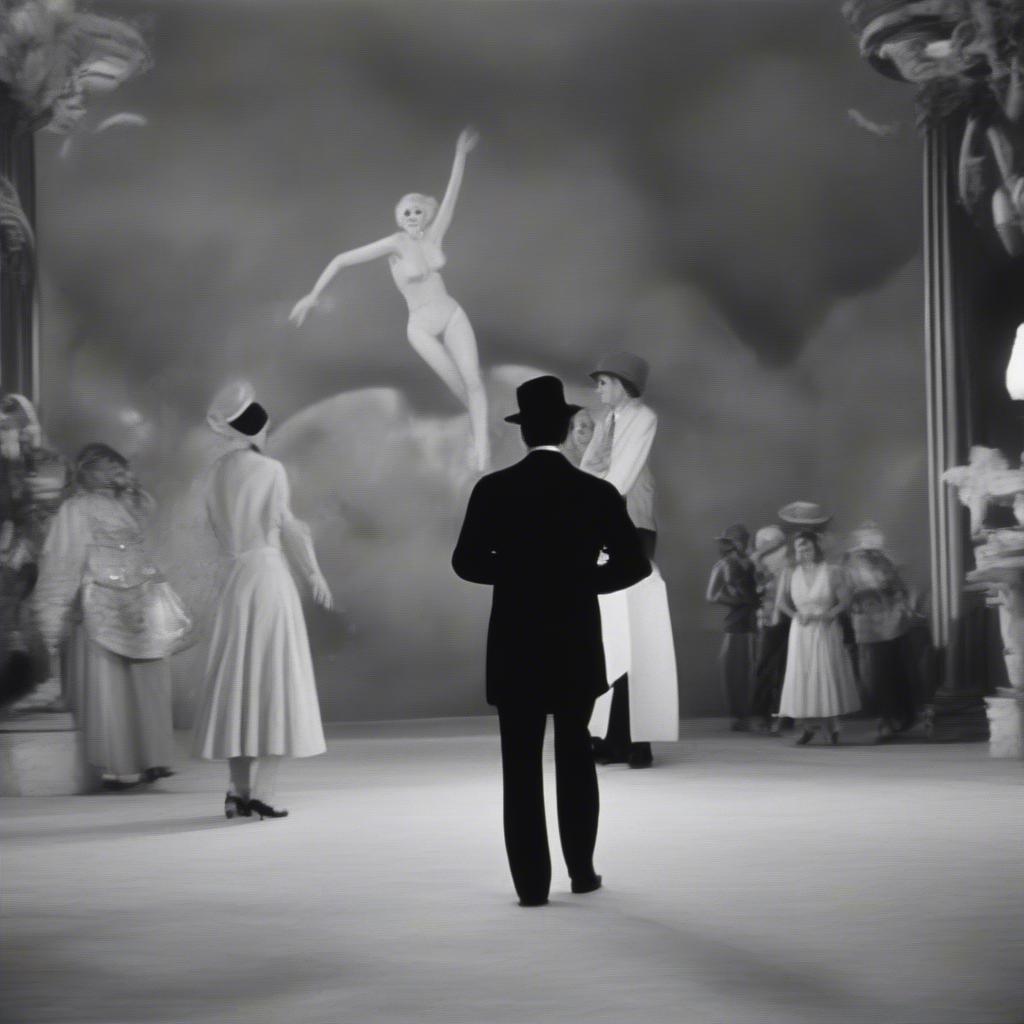
The question of who is the greatest film director of all time is a complex one, sparking endless debate among cinephiles and critics alike. There’s no definitive answer, as “greatest” is subjective and dependent on individual taste, cultural background, and critical criteria. However, certain names consistently rise to the top of these discussions, directors whose innovative techniques, thematic depth, and lasting influence on cinema have cemented their place in film history. This exploration delves into some of the most frequently cited contenders, examining their contributions and the reasons why they’re considered among the best.
Table Content:
The Usual Suspects: Exploring the Pantheon of Great Directors
The conversation surrounding who is the greatest director often begins with a few key figures. Orson Welles, the boy wonder behind Citizen Kane, revolutionized filmmaking with his groundbreaking use of deep focus, long takes, and non-linear storytelling. His influence on subsequent generations of filmmakers is undeniable. Alfred Hitchcock, the master of suspense, perfected the art of psychological thriller, manipulating audiences with his masterful control of pacing, editing, and visual storytelling. Films like Psycho and Vertigo remain timeless classics.
Then there’s Stanley Kubrick, a visionary known for his meticulous attention to detail, stunning visuals, and exploration of complex themes in films like 2001: A Space Odyssey and A Clockwork Orange. His work continues to inspire awe and analysis. Akira Kurosawa, a Japanese auteur, bridged the gap between East and West, influencing filmmakers globally with his samurai epics and visually striking narratives. Films like Seven Samurai and Rashomon have been remade and reinterpreted countless times.
Beyond the Big Names: Expanding the Criteria for Greatness
While the aforementioned directors often dominate the “greatest” conversation, limiting the discussion to a few well-known figures overlooks the contributions of other significant filmmakers. Federico Fellini, an Italian neorealist and surrealist, pushed the boundaries of cinematic storytelling with his dreamlike imagery and deeply personal narratives. Ingmar Bergman, a Swedish director, explored profound existential themes and the complexities of human relationships in films like The Seventh Seal and Persona.
Who is considered great also depends on the criteria used for evaluation. Technical innovation, thematic depth, cultural impact, and influence on other filmmakers are all factors to consider. Some might prioritize directors who pushed the boundaries of cinematic language, while others might favor those who explored universal human experiences with profound emotional resonance.
The Auteur Theory and the Director as Artist
The concept of the “auteur theory,” which emphasizes the director as the primary creative force behind a film, further complicates the discussion of who is the greatest. This theory posits that a great director’s films reflect their unique artistic vision and personal style, much like a painter’s canvases or a writer’s novels. This perspective elevates the role of the director from a technician to an artist, making their individual contributions even more crucial in evaluating a film’s merit.
 Federico Fellini's 8 1/2 and the Power of Dreamlike Imagery
Federico Fellini's 8 1/2 and the Power of Dreamlike Imagery
“A great director is a poet of the visual, a weaver of dreams, and a master manipulator of emotions,” says Dr. Elena Ramirez, film historian and professor at the University of Southern California. “Their films transcend mere entertainment, becoming powerful reflections of the human condition.”
Who Is the Greatest? A Question Without a Definitive Answer
Ultimately, the question of who is the greatest film director of all time remains a matter of personal preference and ongoing debate. There’s no single right answer, and the beauty of cinema lies in its subjectivity and the diverse perspectives it offers. While certain directors consistently earn recognition for their groundbreaking contributions and enduring influence, the list of potential candidates is vast and ever-evolving.
“The true measure of a director’s greatness lies not in awards or accolades, but in the lasting impact their work has on audiences and future generations of filmmakers,” adds renowned film critic, David Thompson, author of “The New Biographical Dictionary of Film.”
 Stanley Kubrick's 2001: A Space Odyssey: A Visual Masterpiece
Stanley Kubrick's 2001: A Space Odyssey: A Visual Masterpiece
Conclusion
The question of who is the greatest film director of all time remains a fascinating and endlessly debatable topic. While no single answer satisfies everyone, exploring the works of these cinematic titans provides a deeper appreciation for the art of filmmaking and the profound impact these individuals have had on our culture. The debate itself underscores the richness and complexity of cinema, inviting us to engage with the art form on a deeper level and to discover our own personal “greatest” directors.
FAQ
Who is considered the most influential director of all time? Orson Welles is often cited as the most influential due to his innovative techniques in Citizen Kane.
Who is the most awarded film director in history? While several directors have numerous awards, John Ford currently holds the record for most Academy Awards for Best Director.
Who is a contemporary director considered to be among the greats? Christopher Nolan, with films like Inception and The Dark Knight, is often mentioned as a contemporary contender for greatness.
Who are some female directors who deserve to be in the conversation about the greatest? Chloé Zhao, Kathryn Bigelow, and Greta Gerwig are just a few of the talented female directors making significant contributions to cinema.
Why is it so difficult to definitively say who is the greatest film director? The subjective nature of art, evolving cinematic styles, and diverse cultural perspectives all contribute to the difficulty in declaring a single “greatest” director.
How does the auteur theory influence the discussion of the greatest director? The auteur theory emphasizes the director’s personal vision and artistic control, making their individual style a key factor in evaluating their work and contribution to cinema.
Besides the directors mentioned, who are some other important figures in film history? Sergei Eisenstein, Billy Wilder, and Yasujirō Ozu are among many other influential directors who have shaped the history of cinema.